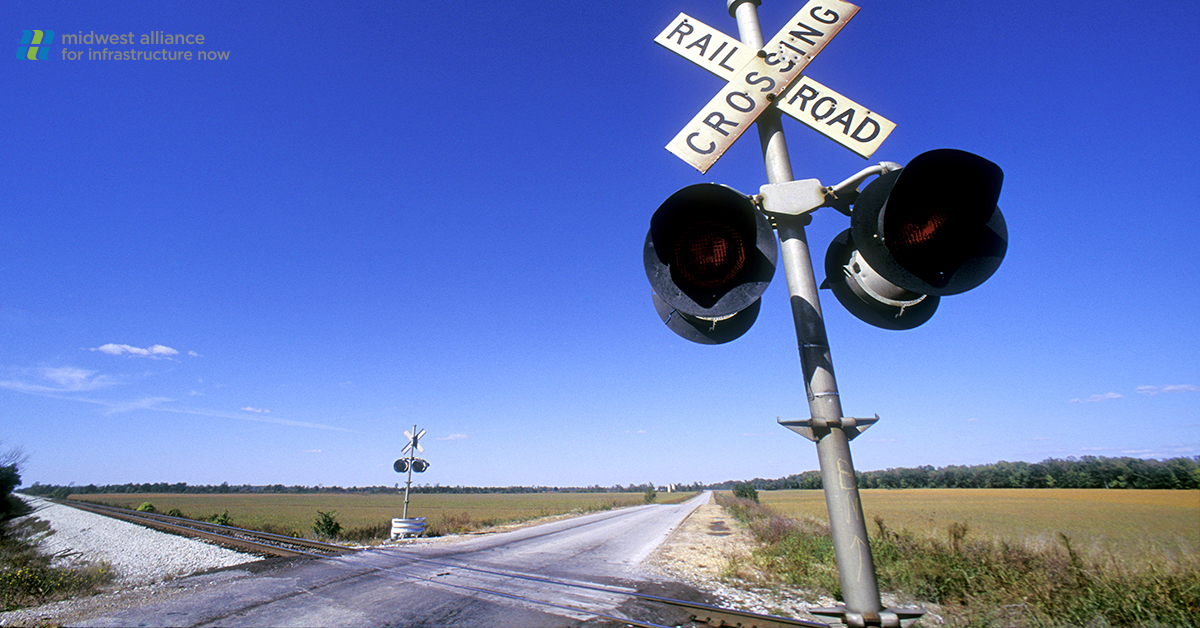
A Canadian think tank has released a detailed study looking at incident rates of pipelines and trains carrying oil and natural gas, and has found that between 2003 and 2013, the “rate of occurrences” was 4.5 times higher for rail than for pipelines.
A further analysis of pipeline incidents reveals encouraging developments as well:
(…) 73 per cent of pipeline occurrences resulted in spills of less than 1m3 while 16 per cent didn’t cause any spill whatsoever. More importantly, most occurrences (83 per cent) didn’t happen in transit, they happened in facilities (ie: compressor stations, processing plants and terminals) which are more likely to have secondary containment mechanisms and procedures.
As the analysis showed, most incidents that have been defined as spills were small and occurred in controlled environments, and did not cause any environmental damage. This study has reflected analysis done in the United States, which has yielded similar conclusions. Pipelines are specifically designed to carry oil and natural gas safely, efficiently, and predictably.
While no mode of transporting energy is perfect, our economy relies on petroleum and natural gas energy to function and will continue to do so for the foreseeable future. To argue that blocking such investments will make a transition to green energy any quicker is an unrealistic and irresponsible position. Recent oil train accidents, such as the one in Dubuque, have demonstrated the pitfalls on our region’s overreliance on rail to transport oil.
In addition to safety, our region’s farmers have lost money, almost half a billion dollars last year alone, due to oil crowding out their products from the system. The economics and safety numbers point to one conclusion, and it was summed up by the author of the study Kenneth Green:
In both Canada and the United States, rising oil and natural gas production necessitates the expansion of our transportation capacity.
With our nation looking to be the energy independent power that it should be, we could not agree more.
Click here to read the full text of the study, courtesy of the Fraser Institute.